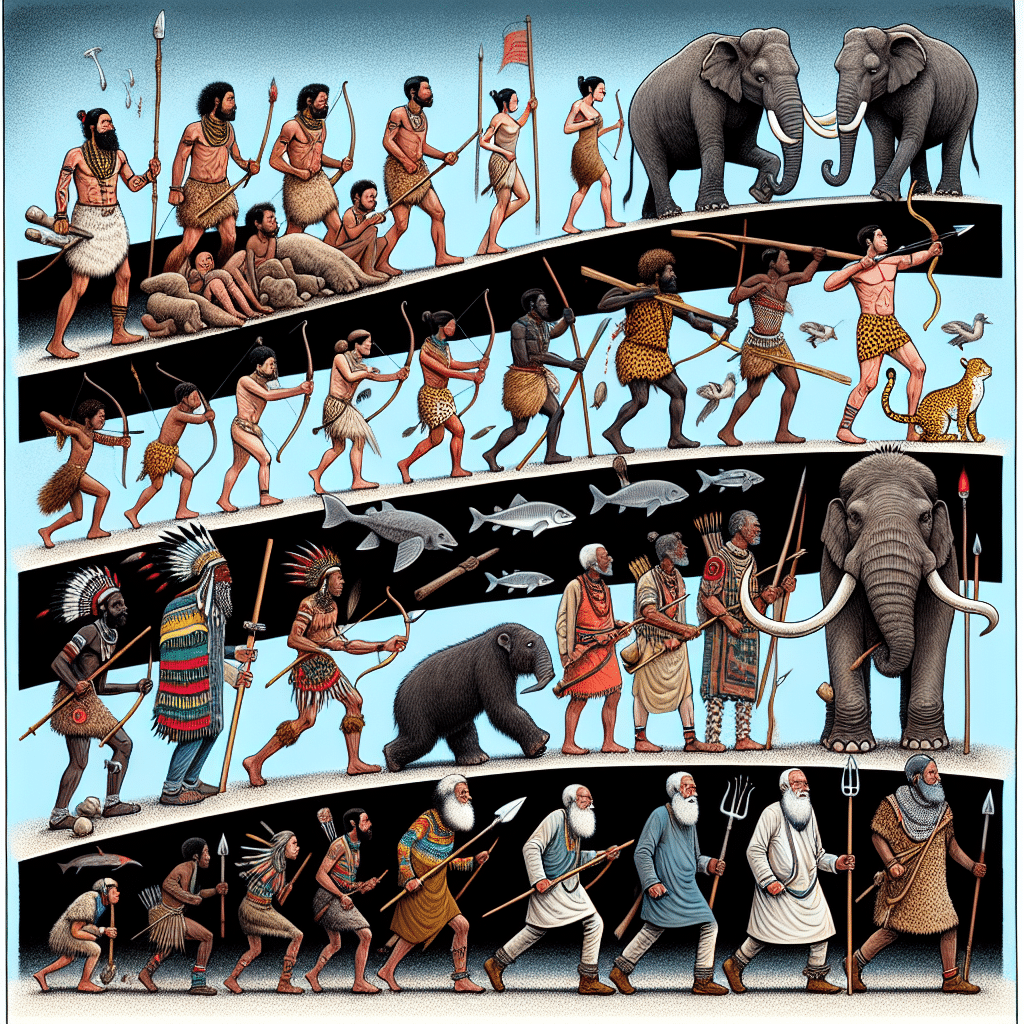Exploring the Genesis of Hunting Laws

“Hunting,” a term that dates back to prehistoric times when human survival primarily depended on our ability to hunt and gather food. Today, however, hunting is seen more as a sport or a recreational activity. But as society evolved over time, it became necessary to set boundaries and regulations to ensure ethical, sustainable practices. So, why were hunting laws passed?
Preserving the Biodiversity: The Conservation Connection
One of the primary reasons hunting laws were enacted was to protect and conserve wildlife. Rapid urbanization and indiscriminate hunting had a massive impact on animal populations, leading to many species becoming endangered or even extinct. The loss of certain species produced a significant ripple effect throughout ecosystems and food chains, which subsequently affected humans.
Reclaiming the Balance in Nature
As humans expanded their territories, the natural habitat of wild animals started shrinking, and their populations began to decline. It was essential to ensure the survival of these species and to maintain the balance of nature’s ecosystems. Hence, the necessity of why were hunting laws passed.
The Ethical Aspect: Ensuring Fair Chase
Hunting has often been criticized for its potential cruelty and unfairness towards animals. Laws were established to enforce the principle of ‘fair chase,’ which ensures that the hunted animal has a reasonable chance of escape. These laws also prohibit certain hunting methods deemed cruel or unsporting, such as using motorized vehicles, baiting, or trapping.
The Role of Hunting Laws in Animal Welfare
One cannot discuss why hunting laws were passed without mentioning their role in animal welfare. The regulations help reduce unnecessary animal suffering by setting standards for hunting methods. They also establish hunting seasons, which are typically based on the animals’ breeding cycles, to allow populations to recover.
Supporting Sustainable Use: Regulating Overhunting
Before hunting laws, unrestrained hunting for trade or recreation led to the extinction of some species, such as the Passenger Pigeon, which was once the most abundant bird in North America. Legislators recognized this danger and implemented hunting laws to regulate animal populations sustainably.
The Impact of Hunting Laws on Population Control
Hunting laws are not designed to prevent hunting but to regulate it. By setting limits on the number and species of animals that can be hunted, these laws help maintain healthy animal populations and prevent overhunting.
Conclusion: A Crucial Tool for Wildlife Conservation
Understanding why hunting laws were passed presents a clear reflection of our society’s evolution in recognizing the importance of biodiversity and the sustainable use of our natural resources. Hunting laws protect not just the individual animals, but the entire ecosystems they inhabit, ultimately benefitting us humans. As Albert Einstein fittingly said, “Look deep into nature, and then you will understand everything better.”
In a world rapid with human expansion and industrialization, hunting laws serve as a crucial tool for wildlife conservation, echoing our collective responsibility towards preserving the planet’s rich biodiversity.



